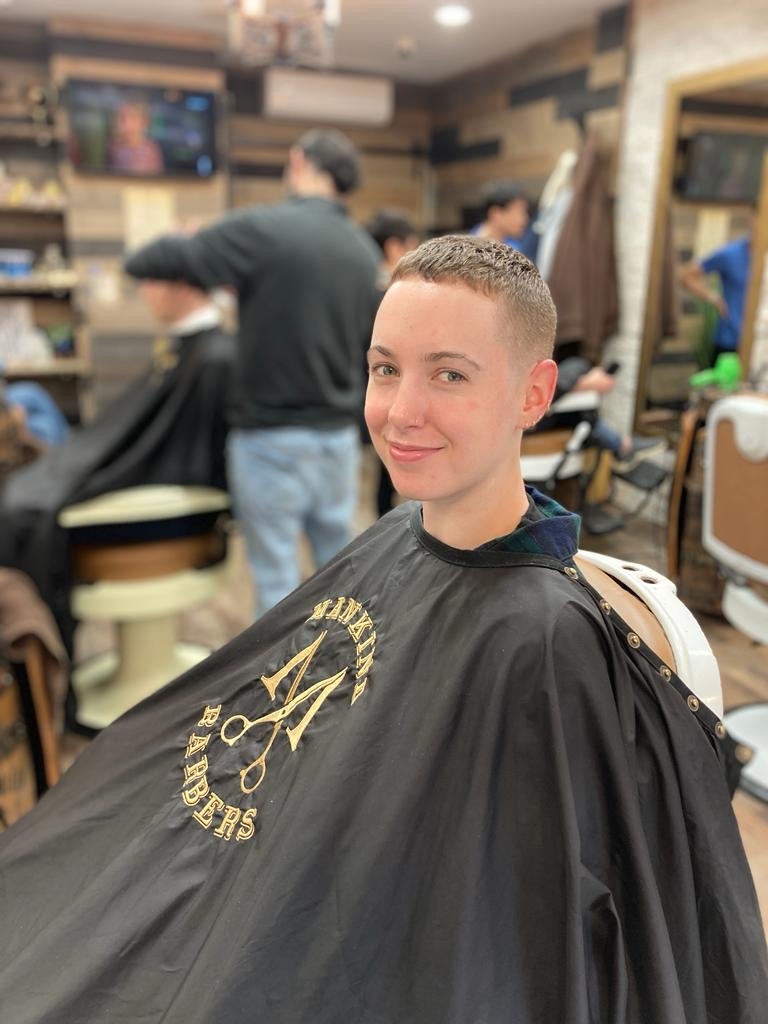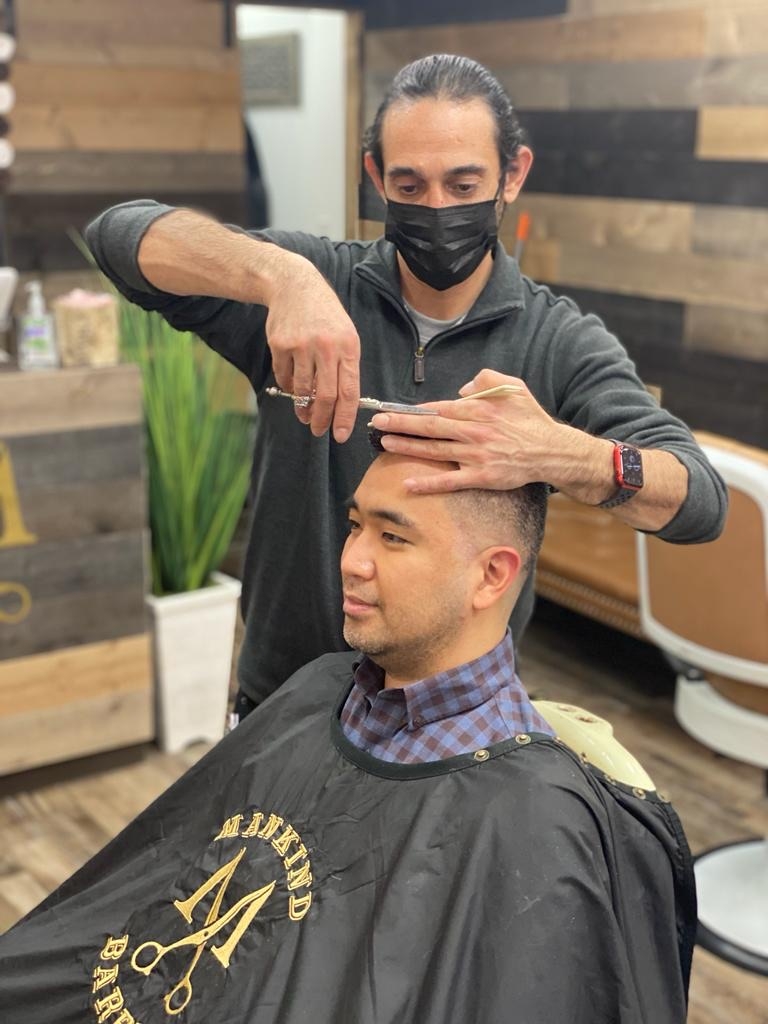Beard Itch Relief Products
How do beard oils help alleviate beard itch?
Beard oils help alleviate beard itch by moisturizing the skin underneath the beard and softening the hair follicles. Ingredients such as jojoba oil, argan oil, and vitamin E are known for their hydrating and soothing properties, which can help reduce irritation and itchiness. Additionally, beard oils often contain essential oils like tea tree oil or peppermint oil, which have anti-inflammatory and antimicrobial properties that can further calm the skin and prevent itchiness.



